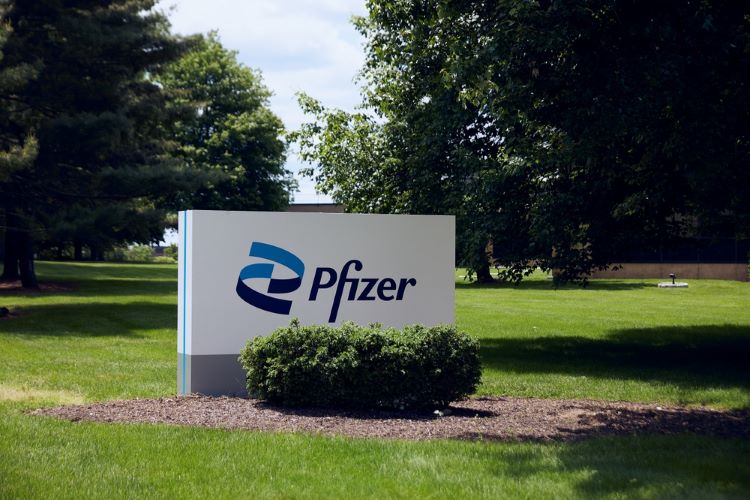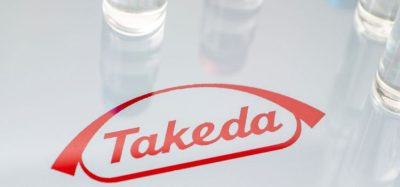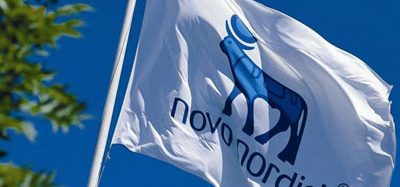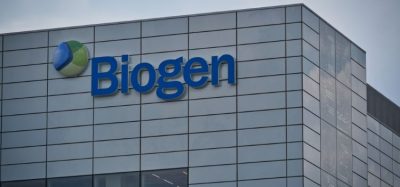Pfizer’s Metsera hunger sees it beat Novo Nordisk’s obesity biopharma offer
Posted: 10 November 2025 | Dominic Tyer (European Pharmaceutical Review) | No comments yet
The deal puts Pfizer’s plans to acquire the US firm, and a portfolio that includes injectable GLP-1 drugs, back on track.


Pfizer’s deal to acquire Metsera is back on track after it made a revised offer worth $10 billion for the US obesity-focused biopharma company.
The agreement, which has the unanimous backing of Metsera’s board, caps a week and a half of high stakes drama after Novo Nordisk’s unsolicited bids for the company looked to derail Pfizer’s plans.
By doubling the $4.9 billion deal it signed with Metsera in September, Pfizer has now matched the second of Novo Nordisk’s bids. The biopharma company said its board was also persuaded that Pfizer’s bid was best “from the perspective of value and certainty of closing”.
In support of that last point, Metsera noted it had received “a call from the US Federal Trade Commission regarding potential risks from proceeding with the proposed Novo Nordisk structure under US antitrust laws”.
The biopharma company’s statement added: “The Metsera board of directors has further determined that the transaction proposed by Novo Nordisk presents unacceptably high legal and regulatory risks to Metsera and its stockholders compared to the proposed merger with Pfizer, including risks that the initial dividend may never be paid or may be subsequently challenged or rescinded.”
For its part, Novo Nordisk confirmed over the weekend that it would not submit an increased, third unsolicited offer for Metsera, but noted its belief that “the structure of our potential merger agreement is compliant with antitrust laws”.
The Danish pharma company said it “will continue to assess opportunities for business development and acquisitions… that further its strategic objectives”.
Pfizer’s new agreement with Metsera will give it access to a portfolio of clinical-stage incretin and amylin research programmes from the biopharma company that include a weekly and monthly injectable glucagon-like peptide-1 (GLP-1) receptor agonist. The phase II candidate MET-097i is being evaluated as both a monotherapy and in combination with Metsera’s monthly, ultra-long acting GLP-1 receptor agonist MET-233i.
Pfizer has previously struggled with R&D efforts to gain a foothold in the lucrative obesity market. These included several unsuccessful oral GLP-1 receptor agonist research programmes – two of these, danuglipron and PF-06954522, were cut this year and a third, lotiglipron, was discontinued in 2023.
Meanwhile, a more straightforward process was followed by AstraZeneca recently to take control of the obesity-focused Swiss biotech SixPeaks and its bispecific antibody candidate.








